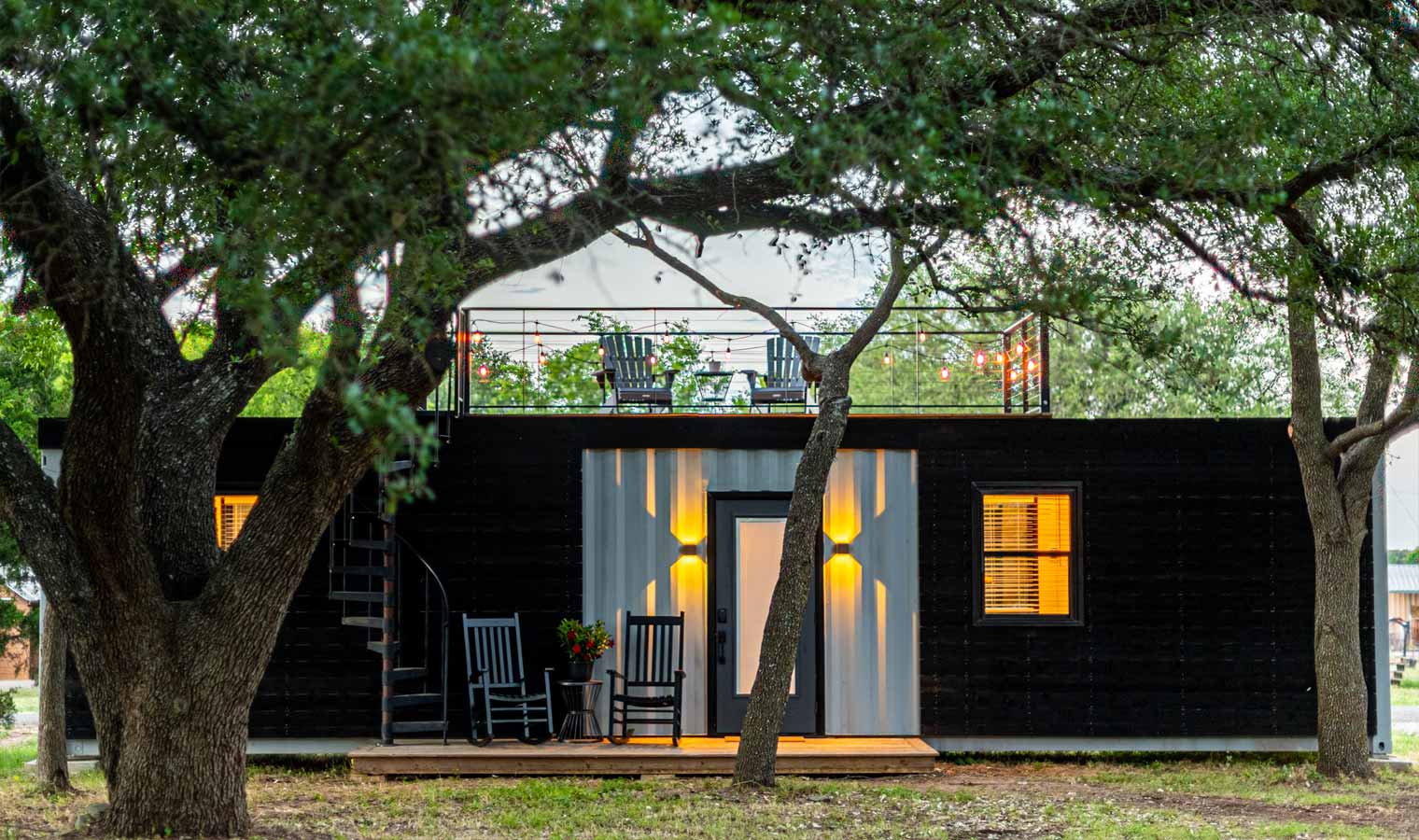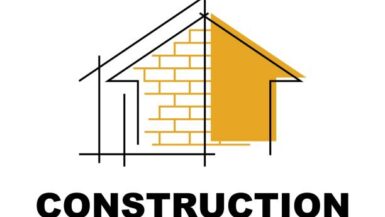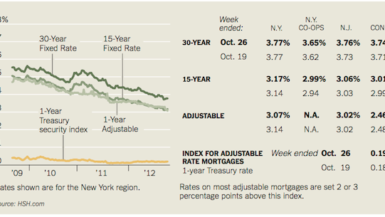Table of Contents
- Introduction
- Understanding the Housing Market
- Current Real Estate Trends
- Factors Affecting Housing Costs
- The Pros and Cons of Building a House
- Advantages of Building
- Potential Drawbacks
- Analyzing the Costs of Building a House
- Material Costs
- Labor Costs
- Permit and Inspection Fees
- Finding the Right Location
- Urban vs. Suburban vs. Rural
- Considerations for Land Purchase
- Choosing the Right Design and Layout
- Custom vs. Pre-designed Homes
- Energy Efficiency and Green Building
- Financing Your Dream Home
- Traditional Mortgage
- Construction Loans
- Cost Comparison with Buying Existing Homes
- Hiring the Right Professionals
- Architects and Designers
- General Contractors
- DIY vs. Hiring Professionals
- Assessing Your Skills and Resources
- Cost and Time Considerations
- Timeframe for Building a House
- Factors Influencing the Timeline
- Tips for Managing the Construction Process
- Adding Extra Features and Amenities
- Home Technology
- Landscaping and Outdoor Spaces
- Insurance and Warranty
- Protecting Your Investment
- Understanding Builder’s Warranty
- Future Resale Value
- How Building Affects Property Value
- Long-Term Investment Potential
- The Emotional Aspect of Building a Home
- Fulfilling Your Vision
- Challenges and Rewards
- Conclusion
Introduction
When it comes to fulfilling the dream of homeownership, the question of whether to build a house or buy an existing one often arises. Building a house from scratch offers the opportunity to create a personalized and unique living space, but is it more cost-effective compared to purchasing an already built home? In this article, we will delve into the aspects of building a house, considering various factors, costs, benefits, and challenges involved. By the end, you will have a clearer understanding of whether building your dream home is the right choice for you.
Understanding the Housing Market
To make an informed decision, it’s crucial to examine the current state of the housing market. The real estate trends, interest rates, and housing supply can significantly impact the cost-effectiveness of building a house.
Current Real Estate Trends
Real estate markets are ever-changing, influenced by economic factors, demand, and supply. Analyzing these trends can provide valuable insights into whether building a house is a viable option in the current market.
Factors Affecting Housing Costs
Several factors can affect the overall costs of building a house, such as the location, materials used, labor expenses, and building regulations. Understanding these factors will help you estimate the potential expenses involved.
The Pros and Cons of Building a House
Before embarking on the home-building journey, it’s essential to weigh the advantages and disadvantages associated with this endeavor.
Advantages of Building
- Customization: Building a house allows you to customize every aspect, ensuring it aligns perfectly with your preferences and needs.
- Energy Efficiency: You can incorporate eco-friendly features, reducing long-term energy costs.
- New Construction: A newly built home often requires minimal repairs and maintenance initially.
Potential Drawbacks
- Cost and Time: Building a house can be more time-consuming and expensive than purchasing an existing property.
- Complexity: Managing the construction process can be challenging, requiring coordination between various professionals.
- Uncertainty: Unforeseen issues may arise during construction, potentially leading to delays and extra costs.
Analyzing the Costs of Building a House
Determining the costs associated with building a house is crucial for financial planning.
Material Costs
The cost of building materials can vary significantly depending on the quality, availability, and location. Sourcing materials smartly can help you save money without compromising on quality.
Labor Costs
Hiring skilled labor is essential for a successful construction project. Understanding labor expenses will give you an idea of the budget required for professional services.
Permit and Inspection Fees
Obtaining necessary permits and adhering to building codes is a crucial part of the construction process. Factoring in these fees is essential to avoid surprises later on.
Finding the Right Location
Selecting the perfect location for your new home involves considering various factors.
Urban vs. Suburban vs. Rural
Each location type comes with its own set of advantages and disadvantages. Analyzing your lifestyle and priorities will guide you in making the right choice.
Considerations for Land Purchase
Choosing the right plot of land involves evaluating factors like proximity to amenities, safety, and future development plans.
Choosing the Right Design and Layout
The design and layout of your home will influence its functionality and aesthetics.
Custom vs. Pre-designed Homes
Deciding between a custom design and pre-designed plans can significantly impact the cost and time required for construction.
Energy Efficiency and Green Building
Incorporating energy-efficient features not only reduces utility costs but also benefits the environment.
Financing Your Dream Home
Building a house involves substantial financial investment, and considering the right financing option is essential.
Traditional Mortgage
Understanding how traditional mortgages work and their terms will help you assess your financial capacity.
Construction Loans
Construction loans offer unique terms tailored for building projects, but they require careful consideration.
Cost Comparison with Buying Existing Homes
Comparing the costs of building with buying an existing home will give you a clearer picture of the financial implications.
Hiring the Right Professionals
Building a house requires collaboration with various professionals.
Architects and Designers
Hiring the right architects and designers ensures a well-executed and visually appealing design.
General Contractors
A competent general contractor oversees the construction process and ensures everything runs smoothly.
DIY vs. Hiring Professionals
Deciding whether to take a DIY approach or hire professionals depends on various factors.
Assessing Your Skills and Resources
Evaluating your expertise and available resources will help you decide on the extent of DIY involvement.
Cost and Time Considerations
Understanding the potential cost savings and time differences between DIY and professional services.
Timeframe for Building a House
Managing your expectations regarding the timeframe of construction is essential for planning purposes.
Factors Influencing the Timeline
Several factors can influence the duration of the construction project, such as weather conditions and unexpected delays.
Tips for Managing the Construction Process
Effective project management can help streamline the construction process and avoid unnecessary delays.
Adding Extra Features and Amenities
Incorporating additional features and amenities can enhance the comfort and value of your home.
Home Technology
Modernizing your home with the latest technology can add convenience and efficiency.
Landscaping and Outdoor Spaces
Investing in well-designed landscaping and outdoor areas creates a welcoming and functional exterior.
Insurance and Warranty
Protecting your investment and ensuring peace of mind involves securing appropriate insurance and understanding warranties.
Protecting Your Investment
Home insurance safeguards your property from unforeseen events.
Understanding Builder’s Warranty
Knowing the terms and coverage of the builder’s warranty is crucial in case of future issues.
Future Resale Value
Considering the potential resale value of your newly built home is essential for long-term financial planning.
How Building Affects Property Value
Certain features and design choices can positively impact the resale value of your home.
Long-Term Investment Potential
Owning a well-designed and maintained home can prove to be a valuable long-term investment.
The Emotional Aspect of Building a Home
Building a home is not just a financial decision; it’s also an emotional one.
Fulfilling Your Vision
The satisfaction of seeing your dream home come to life can be immensely rewarding.
Challenges and Rewards
Recognizing the challenges and rewards of the home-building process can help you stay motivated throughout.
Conclusion
Building a house offers a unique opportunity to create a living space that truly reflects your personality and preferences. However, it’s essential to weigh the costs, challenges, and benefits carefully. By considering factors such as location, design, financing, and future resale value, you can make an informed decision that aligns with your goals and resources.





Leave a reply